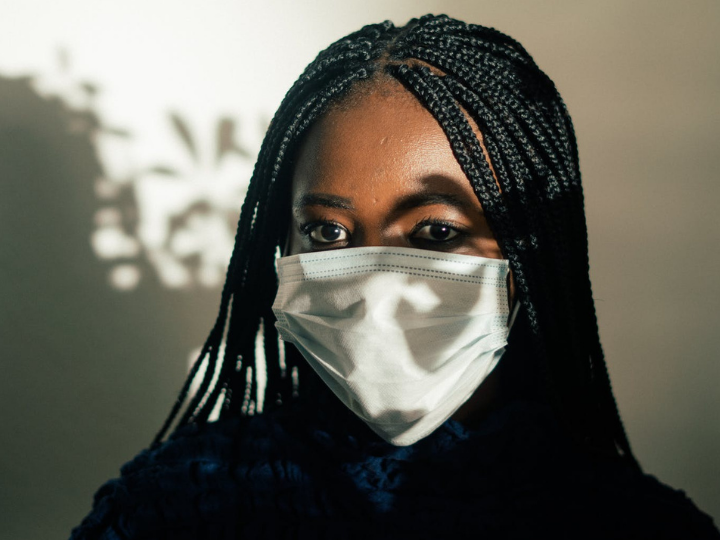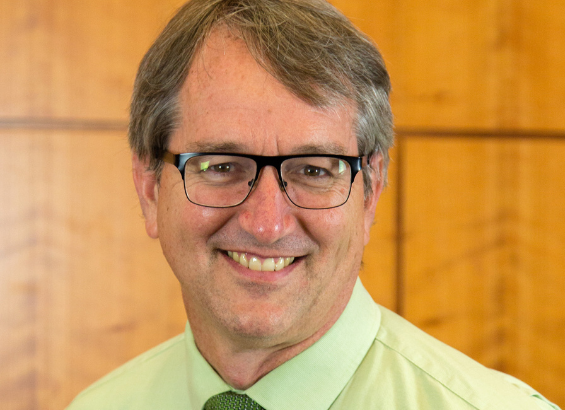

A team of community health workers (CHWs), trained by the University of Houston and embedded in some of Houston’s most vulnerable neighborhoods, has joined the city’s new COVID-19 Community Health Education Fellows (CHEF) program. Approximately 50 certified CHWs are providing care coordination, health education and resources to the East End, Third Ward and Sunnyside communities where residents have been disproportionately impacted by the pandemic.
Six community health “hubs” have been established at area churches, nonprofit organizations and public housing complexes to support health care access, as well as mental, maternal, sexual and occupational health. The team will also address the social determinants of health, such as food insecurity, the environment and housing, all of which have been made worse by COVID-19.
The CHWs – current UH students, recent graduates and residents from underserved communities – are all part of the University’s Community Health Workers Initiative. The innovative program, started in 2017 by the UH Honors College, trains UH students side by side with community members to become engaged advocates for health while earning a Texas Department of State Health Services certification as a licensed community health worker.
“This is a great program that focuses on the urgent need for community health workers to help us respond to the COVID-19 pandemic,” said Mayor Sylvester Turner. “This fellowship program offers our young people the opportunity to serve our community during an unprecedented time, while putting them on the path for a rewarding career. The strength of this program is that the community health workers come from the very communities they will serve and support.”
The new cohort of CHEFs is funded by $250,000 from the federal Coronavirus Aid, Relief, and Economic Security Act, also known as the CARES Act. Mayor Sylvester Turner’s Office of Education, in collaboration with the Mayor’s Health Equity Response Task Force and Public Health Education subcommittee, launched the program in September.
Young adults were recruited from neighborhoods found to have the greatest vulnerability and asked to help city officials develop a targeted public health education campaign to fight COVID-19. The seven-week paid externship ended in October, opening the door for the second cohort to begin.
Professor Dan Price, director of UH’s CHW Initiative, says building trust in the community to create a lasting impact beyond the eight-week externship is the primary goal of the project. Mistrust in the medical system among marginalized communities and other factors including poverty and systemic racism, have contributed to a gap in access to health care nationwide, he added.
“The main strength of our CHWs is that they’re not doctors or professionals. They live in the communities that are most impacted by the pandemic and can help bridge the gap between their neighbors and the health care system that so often leaves them behind. Meanwhile, our students get to be on the forefront of community health research and program implementation,” said Price. “Despite the challenges existing today, we want people to know there are resources available, and we can help them navigate this new normal.”
Thea McGee-Jackson, a community health worker and married mother of four, has seen firsthand the impact of the pandemic on her neighbors at Cuney Homes, Houston’s oldest public housing complex. “Many people can’t pay for their medicine, or they’ve been turned away at the hospital,” she said. As a member of the CHEFs program, she hopes to bring coordinated care to the community she calls home.
“I believe the skills that I learned at UH will help the city of Houston build trust and a bond in the community by making it clear that we are here to help,” said McGee-Jackson. “We will empower our clients to become more self-sufficient while also providing data and proof that it’s working.”
Recent UH public health graduate and aspiring medical student Pelumi Oloyede is working with young mothers and pregnant women in the Third Ward to combat maternal mortality, an issue only heightened during the pandemic. In some areas of Harris County, maternal death rates are nearly five times the national average, with black women and their babies at the greatest risk.
“I look just like these people. I’m an African American woman too, and we need to advocate for each other, especially during this uncertain time,” said Oloyede, who points out that many support services for expectant mothers have stalled due to the need for social distancing. “We need to show people that they’re not alone and they still have support.”
The newest cohort of Community Health Education Fellows will work with the city through December 31, 2020.